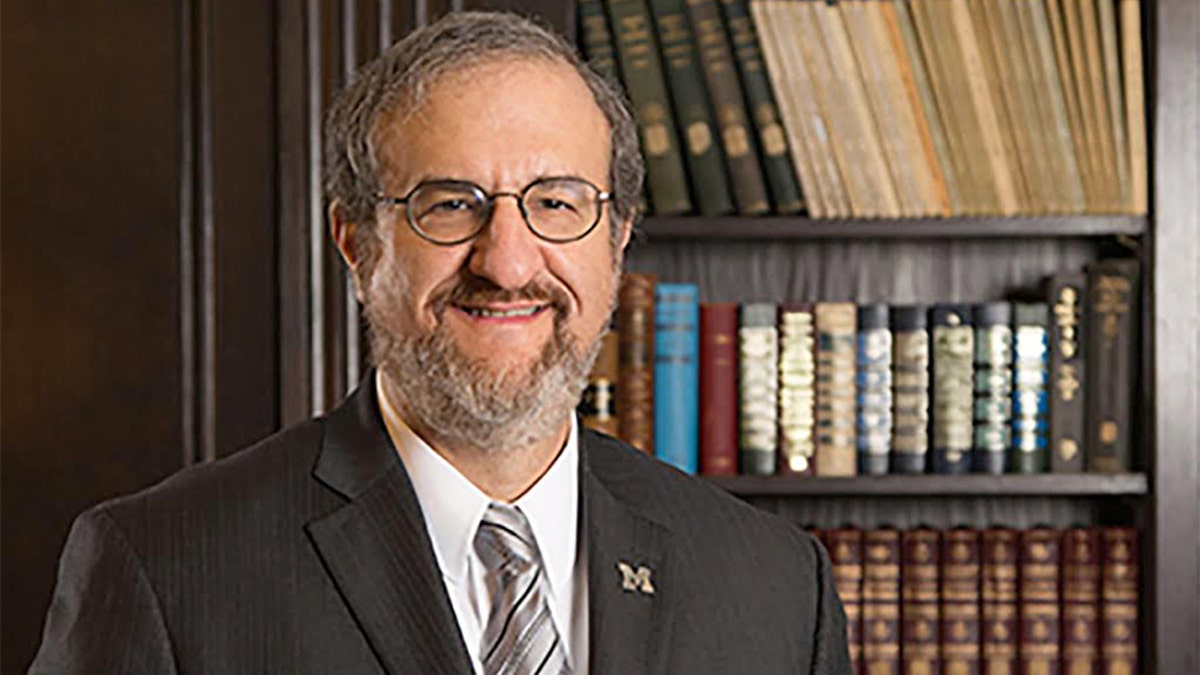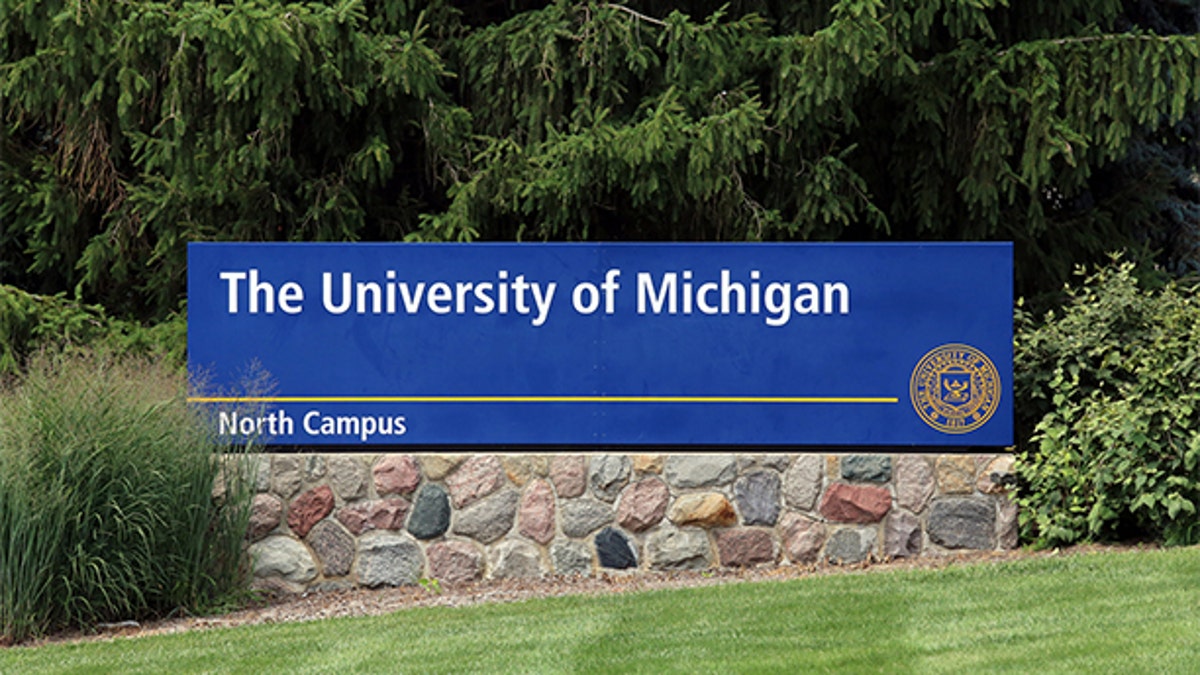
1/24/14 Mark S. Schlissel named 14th president of the University of Michigan. (Copyright 2012, © Michigan Photography. ALL RIGHTS RESERVED. (734) 764-9217. photography.umich.edu.)
The head of the University of Michigan disparaged President Donald Trump and his supporters, both before and after the 2016 election, in numerous emails sent to faculty and staff, court documents show.
The emails were released this week as a result of a lawsuit settlement with the Mackinac Center for Public Policy, which sued UM for failing to comply with a Freedom of Information Act request surrounding President Mark Schlissel’s Trump-related emails.
The FOIA request was filed a few days after the November election by Mackinac Center’s Derek Draplin, who was looking into the university’s decision to host events for students who were upset about the election. The center noted that the University of Michigan receives over $1 billion in taxpayer funds each year and Schlissel is a public employee.
The earliest of the emails released is from Aug. 12, 2016, and it includes a Washington Post article written by a college president explaining how he will “teach Trump” to his students, “calling out the candidate’s bigotry.”
In the next email, Schlissel explains to a UM colleague why he didn’t go for the “typical light feel good” summer convocation speech, noting that he had a room full of “first-time voters” before him.
“I realize that some may interpret this as anti-Trump although there is nothing explicit in the remarks,” Schlissel wrote. “That’s just the way it will have to be. I would feel awful if Trump won the election and I was too afraid of appearing political to make any effort to encourage our students to thoughtfully participate. I am willing to accept the criticism since I think it’s very important.”

Ann Arbor, MI, USA - July 30, 2014: An entrance to The University of Michigan. The University of Michigan is a public research university located in Ann Arbor, Michigan. (wellesenterprises)
Weeks later, on election night, Schlissel responded to an email from Andrea Fischer Newman, a Republican member of the university’s board of regents, about an article by The College Fix with video of a Michigan professor’s lengthy rant against voting for Trump.
The professor warned students they would lose civil liberties, Roe v Wade would be reversed and said they could kiss goodbye affirmative action and equal pay, among other things, if Trump was elected.
“It’s not inherently wrong for a faculty member to take a position on any issue, including an election,” Schlissel wrote to Newman. “The key is that they are solicitous and tolerant of the views of students that disagree and that those students don’t feel persecuted in any way.”
The University of Michigan president changed his tune after Hillary Clinton lost, speaking at an anti-Trump rally, then writing in an email two days after the election that it’s the public university’s job to aid in “pushing back against the idea that facts don’t matter, that science isn’t relevant to decision making and that people with white skin don’t belong here.”
Schlissel added that he was “torn on recommendations for appointees” since he couldn’t “imagine lending one’s name to a Trump administration.”
In another email following his anti-Trump remarks, Schlissel called it “ironic” that a “minority of Trump supporters” at UM “now feel marginalized and ostracized in our campus milieu and post-election activity.”
The Mackinac Center said the emails were being withheld in violation of the Freedom of Information Act by claiming the email were protected conversation under law when none of those emails met that standard.
When asked about the center’s claim, university spokesman Rick Fitzgerald referred Fox News to the joint statement, in which the university “denies any wrongdoing” and has agreed to improve its FOIA process as part of the settlement.
Both sides agree legislative action should make it clearer when governments must respond for FOIA requests.
“While ours was a simple request that could have been done in a matter of hours if not minutes, the state FOIA statute is not clear when documents must be provided after a deposit is paid,” Mackinac Center’s Vice President for Legal Affairs Patrick Wright told Fox News.
